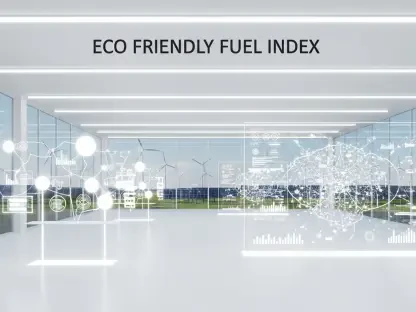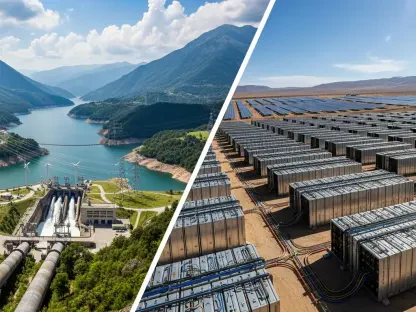Imagine a world where the economic foundation of every nation, regardless of its wealth or location, crumbles under the weight of rising temperatures, with global per capita income plummeting by nearly a quarter by the end of this century. This alarming projection comes from recent research conducted by experts at the University of Cambridge’s climaTRACES Lab, highlighting the devastating financial toll of unchecked global warming. The study reveals that no country is immune to the cascading effects of climate change, shattering the notion that only warmer, less affluent regions face severe risks. From agriculture to manufacturing, the impact spans industries and borders, threatening livelihoods on an unprecedented scale. As the evidence mounts, the urgency to address this looming crisis becomes undeniable, setting the stage for a deeper exploration of the economic vulnerabilities and potential pathways to mitigate disaster.
Economic Impacts Across the Globe
The scope of economic damage projected by the research is staggering, with hotter and lower-income countries facing losses that could be 30% to 60% higher than the global average by 2100. Yet, even wealthier, colder nations are not spared from significant declines in GDP, with countries like Canada potentially losing up to 31% and the United States facing reductions of up to 28%. Nordic nations such as Sweden and Finland, often considered less vulnerable, are also expected to suffer substantial setbacks. Beyond these, economically vital regions including Saudi Arabia, the UAE, South Korea, Mexico, and Australia brace for notable financial hits. What stands out is the universal nature of the threat—climate change does not discriminate based on geography or economic status. Industries far removed from agriculture, such as transportation and retail, will feel the strain as well, illustrating how deeply embedded the consequences are in global economic systems. This widespread vulnerability underscores the need for a coordinated, international response to avert a financial catastrophe of historic proportions.
Pathways to Mitigation and Hope
Despite the grim forecasts, there remains a sliver of optimism if global efforts align with ambitious climate goals like those outlined in the Paris Agreement. Achieving these targets could result in a modest increase of 0.25% in global per capita income, a stark contrast to the dire losses predicted under current policies, which could see GDP shrink by as much as 30% by 2100 according to the Network for Greening the Financial System (NGFS). Historical data further emphasizes the urgency, as a 1.2°C rise in temperatures between 1960 and 2014 already cost the world 2% of its income, equivalent to $1.6 trillion. Reflecting on past losses, it becomes evident that proactive measures to curb greenhouse gas emissions are essential to prevent further escalation. Governments and institutions have recognized that a green transition offers a viable path to limit damage. Looking ahead, intensifying these efforts and adhering to international commitments stand as critical steps to safeguard economic stability for future generations.









